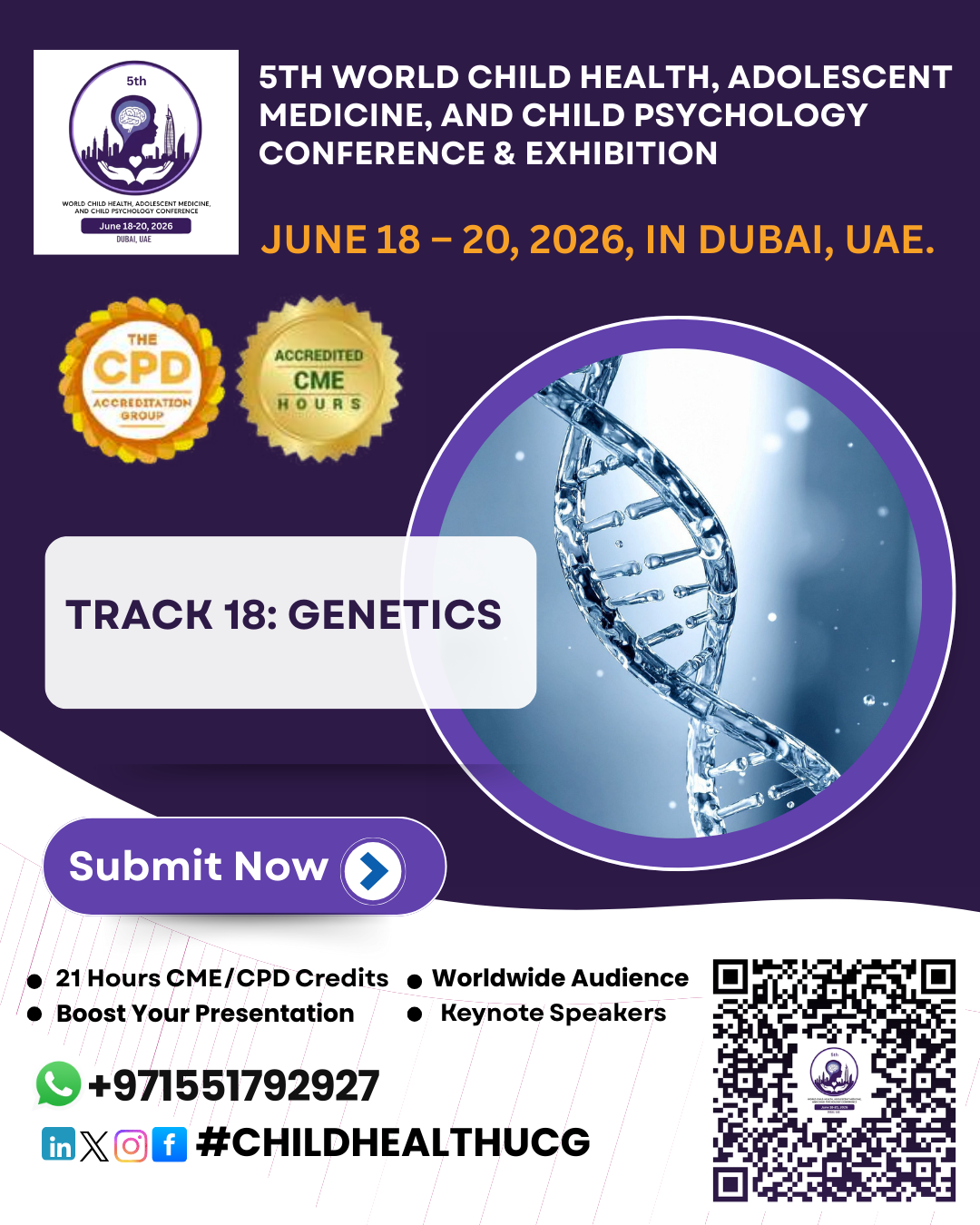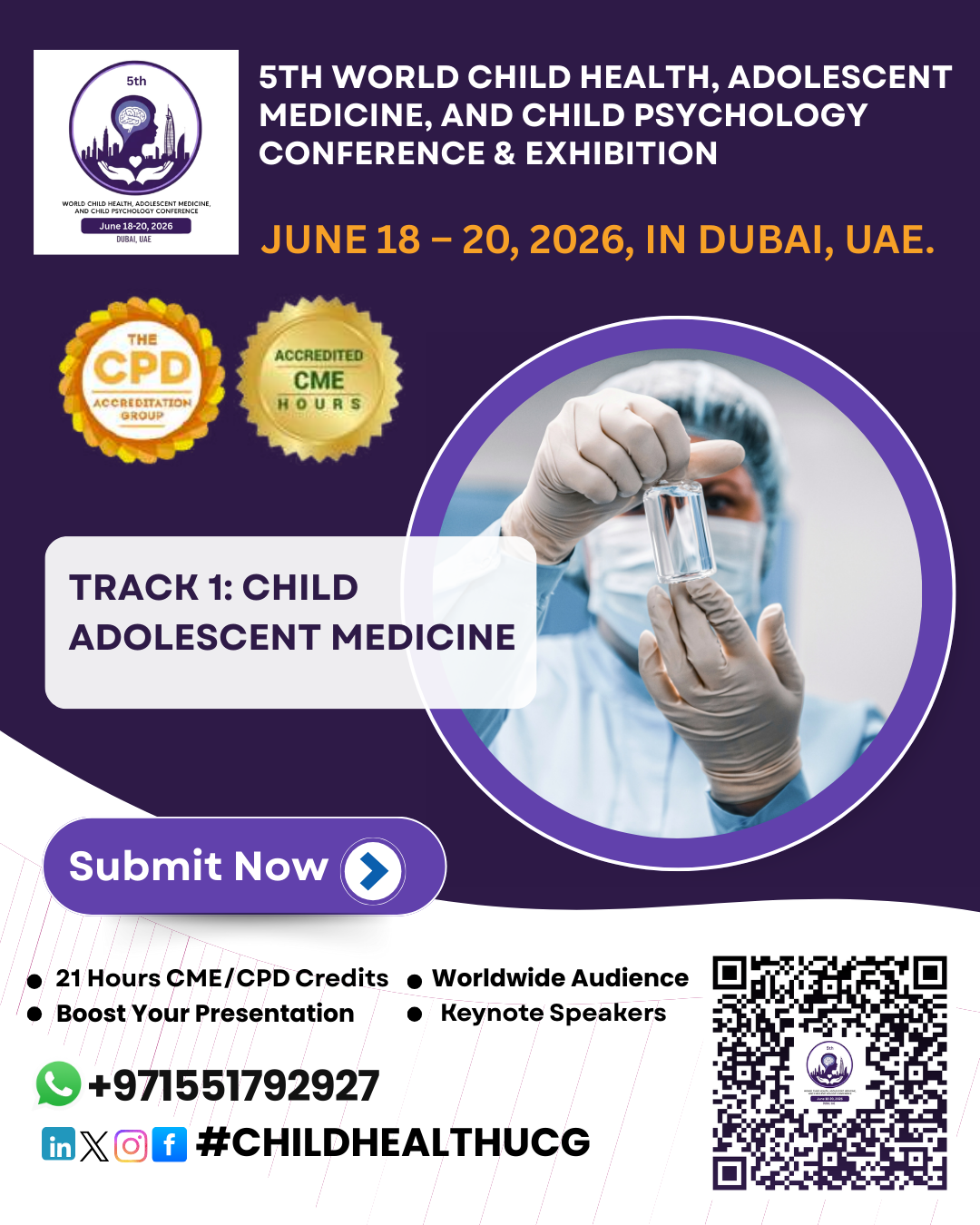



Sub Topics:
Adolescent Health, Pediatric Cardiology, Pediatric...

What is Adolescent Health?
Adolescent health focuses on the physical, mental,...

What is Genetics
Genetics is the branch of biology that studies genes,
heredity, and the variation of organisms. It focuses on understanding how
traits and characteristics are passed down from one generation to the next
through DNA. Genetics explores the role of genes in health and disease,
offering insights into conditions caused by genetic mutations or abnormalities.
This field plays a crucial role in advancing medical research, leading to the
development of genetic testing, personalized medicine, and targeted therapies
that address specific genetic profiles.
What Do Geneticists Do
Geneticists are scientists or clinicians who specialize in
the study of genes and their impact on health. They analyze genetic data to
identify mutations or variations that may cause or influence diseases. In
clinical settings, geneticists provide genetic testing, diagnose genetic
disorders, and offer counseling to patients and families about inherited
conditions. They work closely with other healthcare professionals to develop
personalized treatment plans based on an individual's genetic makeup, often
involving pharmacogenomics or gene therapy. Geneticists also contribute to research
that advances our understanding of genetics and its role in human health.
Genetic conditions
Tay-Sachs disease
A mutation on chromosome
15.19 causes a buildup of fatty acids in the brain that destroys nerve cells.
Duchenne muscular dystrophy
A genetic mutation on the
mother's X chromosome prevents the production of dystrophin, a protein that
protects muscle fibers.
Familial hypercholesterolemia
Inherited mutations in
the LDLR, APOB, and PCSK9 genes affect how the body regulates cholesterol.
Fragile X syndrome
A mutation in the Fragile
X Messenger Ribonucleoprotein 1 (FMR1) gene on the X chromosome.
Huntington's disease
A mutation in the gene
for the Huntingtin protein causes the DNA building blocks cytosine, adenine,
and guanine (CAG) to repeat too many times.
Down syndrome